Early changes in brain immunity may underlie sex bias in autism
How the brain’s immune cells develop in ‘germ-free’ mice might help explain why autism is more prevalent in boys than girls.
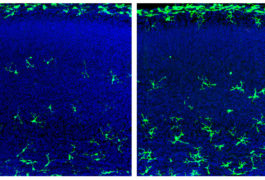
How the brain’s immune cells develop in ‘germ-free’ mice might help explain why autism is more prevalent in boys than girls.
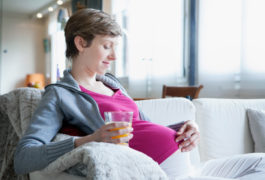
Women who take folic acid or other vitamins before or during pregnancy may decrease their risk of having a child with autism.
Autism prevalence plateaued for the years 2014 to 2016, a review finds no evidence that herbal therapies for autism work, and a panel of four proteins in blood may distinguish children with autism.
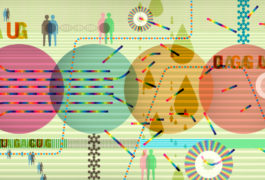
We waded through the sea of autism studies published in 2017 and spotted several themes.
A pruning protein reshapes neurons, culture should be a consideration in trials of autism treatments, and another U.S. state adds autism to the list of indications for medical cannabis.

Cultural barriers lead clinicians to misdiagnose or miss children with autism in immigrant communities.

Men and women with rheumatoid arthritis, an autoimmune condition, are at increased risk of having a child with autism.
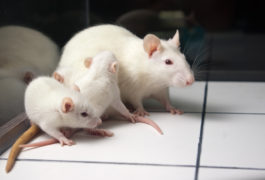
Sophisticated animal models — including a new rat model — are revealing how maternal antibodies contribute to autism risk.
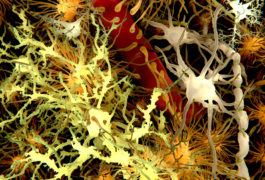
Mouse pups exposed to an immune response in the womb show autism-like behaviors and altered gene expression in brain cells called microglia.
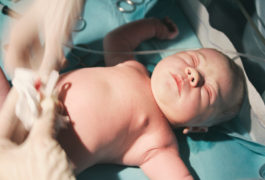
Children with autism who were born late tend to also have intellectual disability.